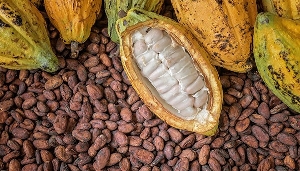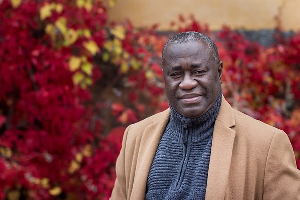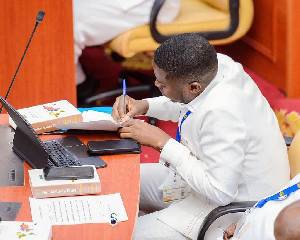Ghana is facing delays in agreeing to a loan that’s key to funding the cocoa harvest in the world’s second-largest producer, risking the start of another season without the vital financing in place.
The Ghana Cocoa Board and a group of international lenders are still far from reaching a deal on terms, including how much gets lent and how the loan gets repaid, according to people familiar with the matter, who asked not to be identified because the information is private.
Banks are reluctant to lend the $1.5 billion the industry regulator wants on concerns production will fall short again, the people said.
Ghana relies on the syndicated loan to finance everything from providing cocoa farmers with subsidized fertilizers to purchasing the beans from growers when the harvest starts in October.
Last year, the nation signed an agreement with lenders only in December, forcing the regulator known as COCOBOD to borrow funds from cocoa traders.
Fiifi Boafo, a spokesman for COCOBOD, declined to comment when contacted by Bloomberg News.
Cocoa futures traded in New York broke record after record this year, exceeding $11,000 a ton after disease and lack of fertilizers combined with bad weather to send the global market into a third year of shortages.
Output in Ghana is expected to fall short of the government’s forecast by almost 40% in the season ending next month, according to data from the International Cocoa Organization.
COCOBOD usually conducts an investor roadshow in June to secure commitments from lenders, before asking parliament to approve the agreement by the end of July. None of that has happened before the house went into recess a few days ago, putting a September deadline to sign the deal at risk.
Ghana expects cocoa production to recover to 700,000 tons next season, but lenders are concerned that may not happen, the people said. Shortages were so acute this year that the regulator was forced to postpone deliveries of more than 250,000 tons of cocoa to the next harvest.
There are already signs output may not be as big as some forecast. Last month Ghana sought to limit some cocoa purchases for next season, telling buyers that the regulator would determine how much can be sold as specialty cocoa based on total production, and that the regulator will allocate beans “equitably” among buyers.
Specialty beans are those with certification such as Fairtrade, UTZ and Rainforest Alliance, along with traceable cocoa.
Cooperatieve Rabobank UA, Standard Chartered Plc, Societe Generale SA and Ghana International Bank Plc are among banks that have participated in past deals.
Business News of Wednesday, 7 August 2024
Source: bloomberg.com

















